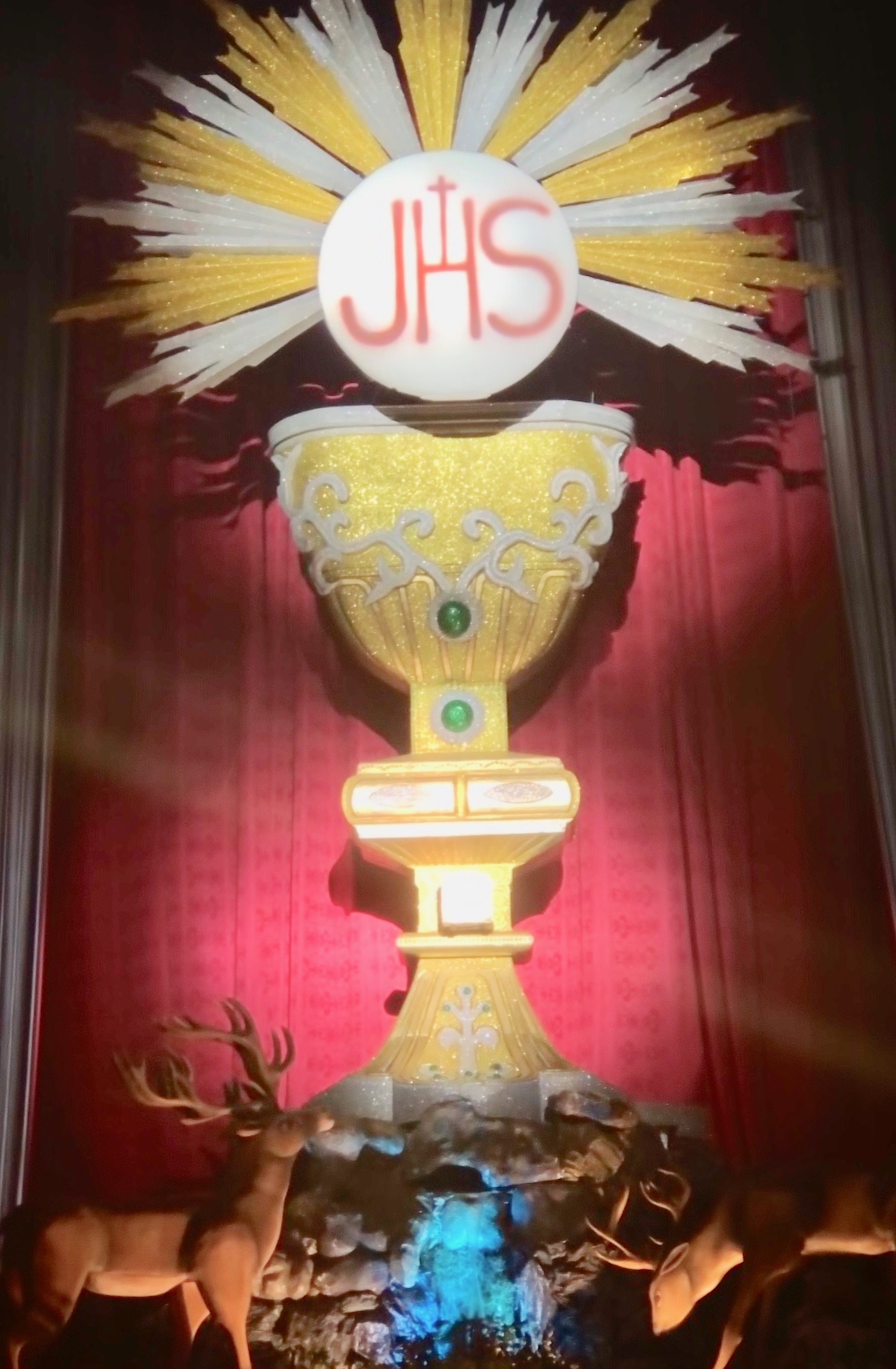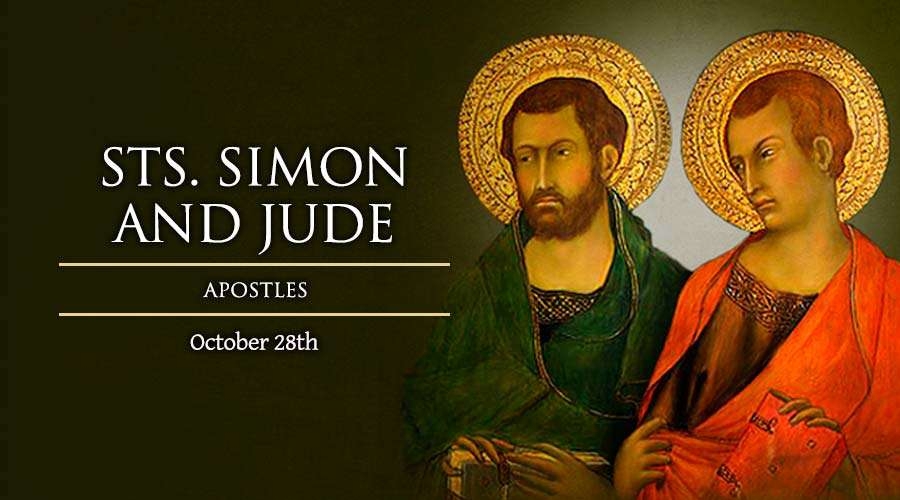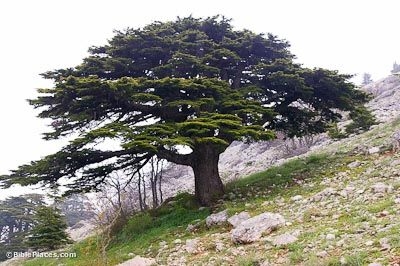These reflections are a result of more than 40 years of ministry as a Roman Catholic priest. Most of these years I spent in the Diocese of Charlotte which covers Western North Carolina. Now I am retired, and live in Medellín, Colombia where I continue to serve as a priest in the Archdiocese of Medellín.

R. My soul is thirsting for the living God.
As the deer longs for the running waters,
so my soul longs for you, O God.
R. My soul is thirsting for the living God.
(Psalm 42)
We have all been invited to the Wedding Banquet of the Lamb. The Eucharist is the foretaste and the promise of the banquet of God's children where every hunger is satisfied, every thirst quenched. Today's photo is from a parish in Medellín on Holy Thursday.

Paul and Timothy, slaves of Christ Jesus,
to all the holy ones in Christ Jesus who are in Philippi,
with the bishops and deacons:
grace to you and peace from God our Father and the Lord Jesus Christ.
I give thanks to my God at every remembrance of you,
praying always with joy in my every prayer for all of you,
because of your partnership for the Gospel
from the first day until now.
I am confident of this,
that the one who began a good work in you
will continue to complete it
until the day of Christ Jesus.
(Phil 1:1-6)
The community of Philippi brought great joy to Saint Paul. He considered them partners for the Gospel. The rite of ordination concludes with a reference to this passage: “May the one who began this good work in you bring it to completion on the day of Christ Jesus.”
Today's photo shows the ancient theater of Philippi, Greece.

Therefore, put on the armor of God,
that you may be able to resist on the evil day
and, having done everything, to hold your ground.
So stand fast with your loins girded in truth,
clothed with righteousness as a breastplate,
and your feet shod in readiness for the Gospel of peace.
In all circumstances, hold faith as a shield,
to quench all the flaming arrows of the Evil One.
And take the helmet of salvation and the sword of the Spirit,
which is the word of God.
(Eph 6:11-17)
In seminary we were blessed with the foremost homiletician (professor of homiletics—the study of preaching) in the country, David Buttrick (1927-2017). Saint Meinrad Seminary had received a gift of 1 million dollars from a Catholic gentleman who was tired of hearing bad homilies at Mass. With those funds Saint Meinrad brought David Buttrick to the cornfields of southern Indiana. It was David who pointed out to us that among all the instruments in the “armor of God” there was only one offensive weapon, “the sword of the Spirit, which is the word of God.” The photo today is of Rev. David Buttrick, Professor of Homiletics, Pittsburgh Theological Seminary, Saint Meinrad School of Theology, Divinity School of Vanderbilt University.

You are no longer strangers and sojourners,
but you are fellow citizens with the holy ones
and members of the household of God,
built upon the foundation of the Apostles and prophets,
with Christ Jesus himself as the capstone.
(Eph 2:19-20)
I love the old hymn, How Firm A Foundation. I grew up with this hymn; it’s a part of my soul. Of course, the hymn was talking about the Word of the Lord being the foundation of our lives. But I think the hymn also applies to the foundation of the Apostles and prophets through whom we have received that Word. As the Letter to the Ephesians suggests, It is Christ Jesus himself who holds the whole structure together.

Jesus said, “What is the Kingdom of God like?
To what can I compare it?
It is like a mustard seed that a man took and planted in the garden.
When it was fully grown, it became a large bush
and the birds of the sky dwelt in its branches.”
(Lk 13:18-19)
Ancient Israel’s image of itself was as tall as the cedars of Lebanon. What Jesus had in mind was a bit more humble . . . a mustard seed that becomes a large bush where the birds can build their nests. Of course, that’s the problem with the Kingdom of God . . . it’s not always what we expect!



